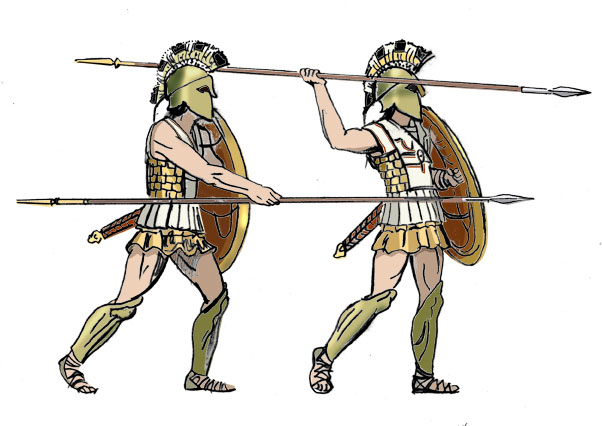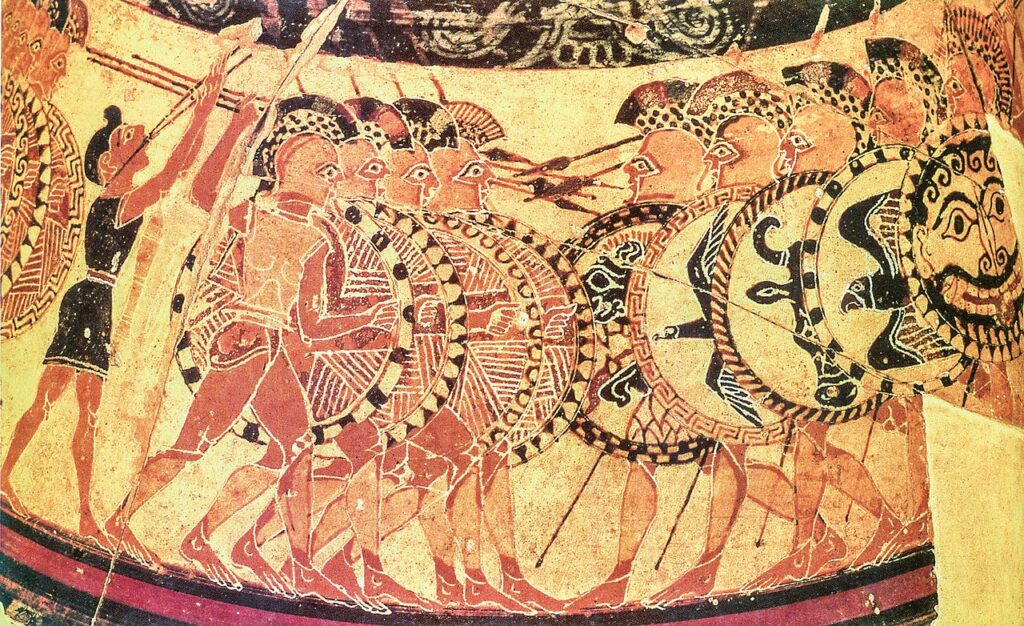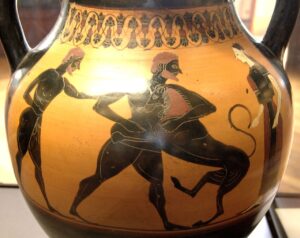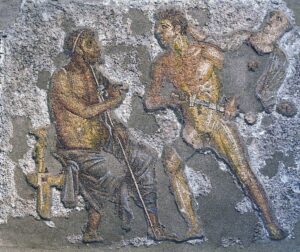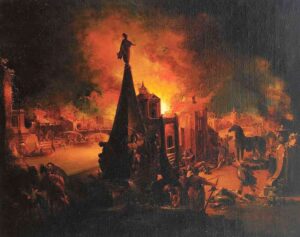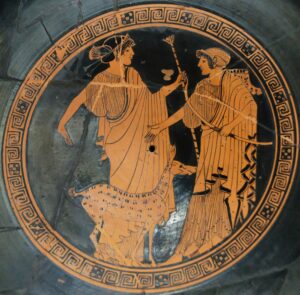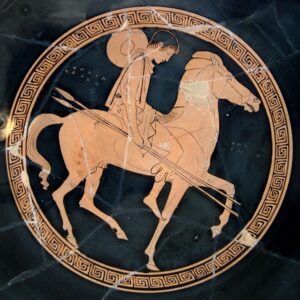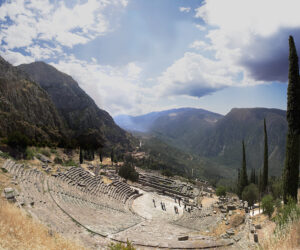Soldiers in ancient Greece were referred to as hoplites, which was a type of heavy infantry soldier in ancient Greece. They were typically citizens of the city-state (polis) in which they lived, and were expected to provide their own weapons and armor. Hoplites were the backbone of the Greek military and the most common type of soldiers in the Greek army.
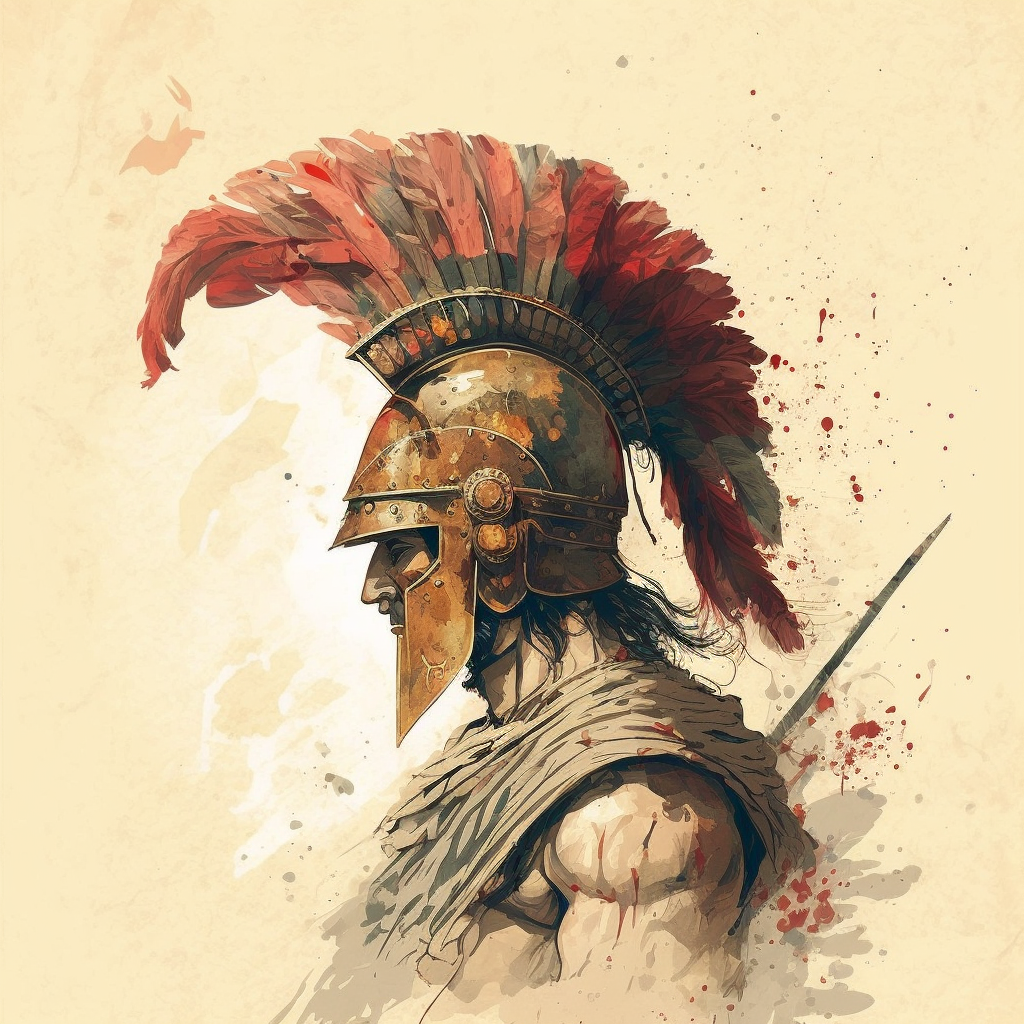
Ancient Greek Soldiers: Hoplites
Hoplites were known for their distinctive armor, which included a bronze helmet, a breastplate, and a large round shield made of wood. They also carried a spear and a short sword. The equipment was quite heavy and costly, so it was usually only affordable by the middle-class citizens.
Soldiers typically fought in a formation called the phalanx, in which they stood in rows with their shields overlapping and their spears pointed forward. This formation was designed to protect them and make it difficult for the enemy to break through. They were also trained to fight in close formation and rely on their comrades for protection.
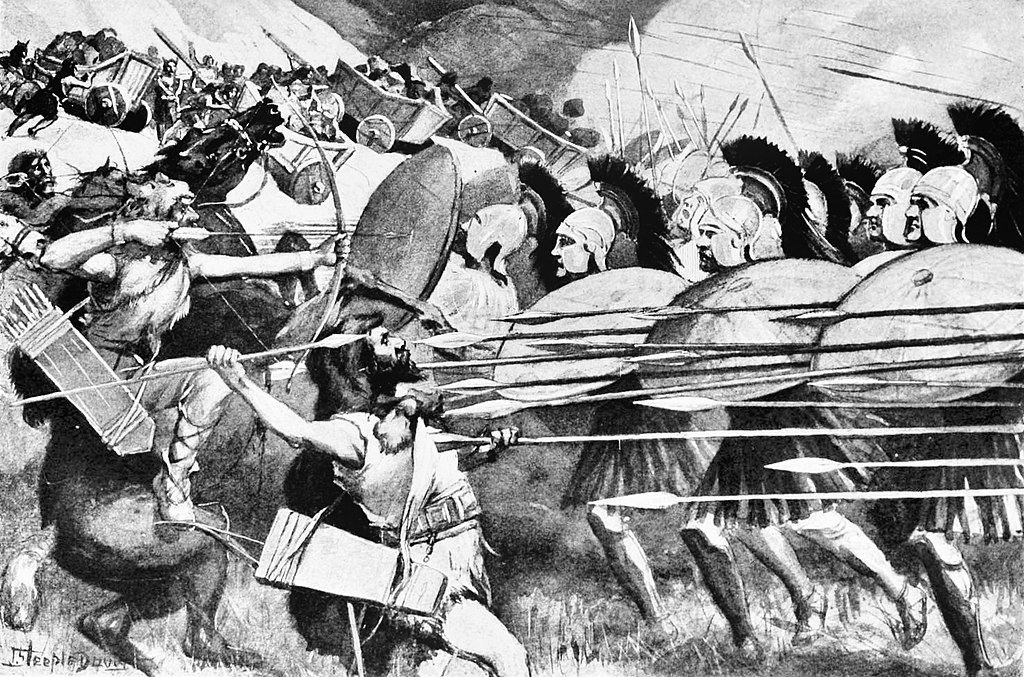
Important Battles for Ancient Greek Soldiers
Hoplites played a key role in many of the most important battles in ancient Greek history, such as the Battle of Marathon, the Battle of Thermopylae, and the Battle of Plataea. These battles were fought between the various city-states of Greece. With that said, they participated in many other famous wars, such as the Peloponnesian War and the Greco-Persian Wars. As such, the soldiers played an important role in the history of war and warfare in ancient Greece.
Soldiers in Ancient Greece Summary
In addition to their military role, soldiers also played an important role in the political and social life of ancient Greece. They were considered to be the important and were expected to take an active role in the government of their city-state. This was especially true in the major city-states of Athens and Sparta.
In summary, soldiers in ancient Greece were called hoplites, which were heavy infantry soldiers in ancient Greece who were known for their distinctive armor and their role in the phalanx formation. They were significant to the overall Greek military and played an important role in many of the most significant battles in ancient Greek history. They also had a significant role in the political and social life of ancient Greece and were important to overall ancient Greek culture.
